Want to learn more about Black Lives Matter? 16 books to educate yourself on racism within the UK and US
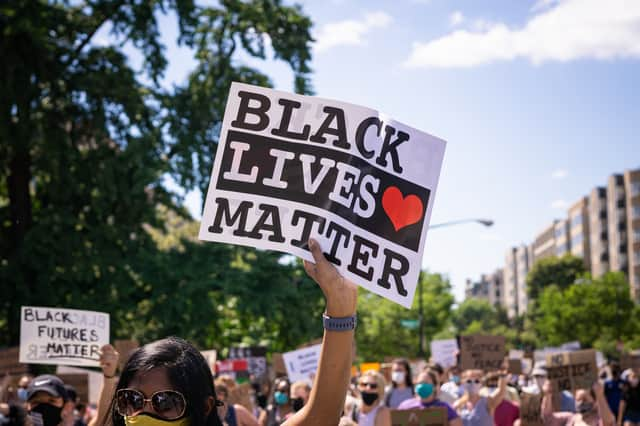

This article contains affiliate links. We may earn a small commission on items purchased through this article, but that does not affect our editorial judgement.
Although Black Lives Matter started as a political movement within the United States, it has been adopted in the UK by those who see a need to address systemic racism and structural inequality that is just as urgent here as it is abroad.
The Black Lives Matter Founders: How did the movement start?
Black Lives Matter, the Black-centred political movement and ‘will-building project’, was created in 2013 in the States by Alicia Garza, Patrisse Cullors, and Opal Tometi, in response to the acquittal of George Zimmerman, the police officer accused of murdering Trayvon Martin.
Reading about the movement
One of the key precepts of the BLM movement is educating oneself. Regardless of race, age, or gender, it calls for people to learn more about both Black history and how racism currently manifests within society. Systemic racism is endemic in the UK as it is in America, hence more and more people in the UK recognising the need to learn more about Black history .
Books to help you become an ally, and understand the movement better
We’ve curated a list of excellently written and researched books, from both the UK and the US, that discuss the complexities of racism while capturing the lived experiences of people of colour.
We all learn in different ways - some of us are more responsive to narrative stories, developing our empathy by placing ourselves in someone else’s shoes for a while, while others among us respond to the direct address of a powerful essay or polemic. As such, we’ve included essays, historical novels, fiction, and children’s books in our round-up, so that you can find an eye-opening story to suit your reading preferences.
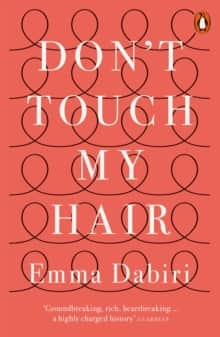

Brimming with sharp humour and wit, Don’t Touch My Hair is academic and TV host Emma Dabiri’s look at the deeply personal, and deeply political issue of black hair.
Mixed race, (the daughter of a white Trinidadian mother and black Nigerian father) growing up in Ireland Dabiri was terribly ashamed of her curly hair, which immediately marked her out as ‘other’ despite her paler skin.
Interweaving her personal experiences, Dabiri looks at black hair history, both in terms of her Nigerian ancestry and within the UK and US. She seeks to over-turn the received narrative that black hair is a time-consuming, labour intensive burden, showing how colonialism has robbed black people of both time (through hair maintenance by trying to make hair appear more ‘white’) and pride in their hair.
An insightful read.
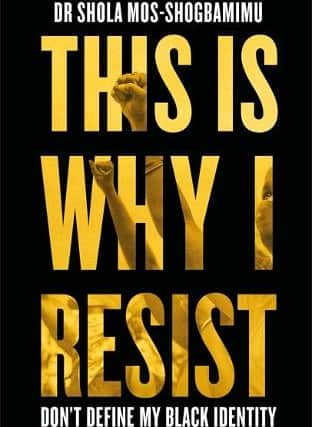

Written with bracing, righteous anger, in This is Why I Resist activist Dr Shola Mos-Shogbamimu’s tracks the root causes of racism in the UK and US, then demonstrates how they manifest in modern life on both a micro and macroscopic level.
Examining complex issues such as racial gatekeeping, the ingratitude of the privileged white, the twee nature of performative allyship, and abuse of the Black trans community, Mos-Shogbamimu calls white people to account for their complacency and challenges them to address their behaviour where it reinforces racism.
Meticulously researched and well argued, it’s informative and powerful.
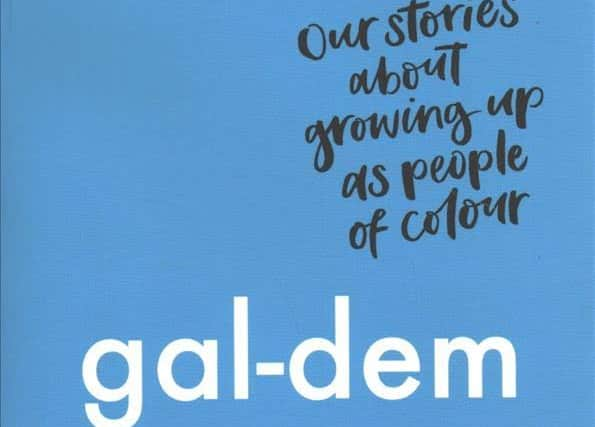

gal-dem is a award-winning online and print magazine created by and for women and non-binary people of colour.
I Will Not Be Erased is a collection of letters the gal-dem authors wrote to their younger selves, describing how it feels to stand out as the ‘other’ in a crowd of white, cis, and straight people, while also having your opinions and validity ignored.
The letters are by turns funny, sad, angry, and unique. Compulsively readable, and great for younger readers too.
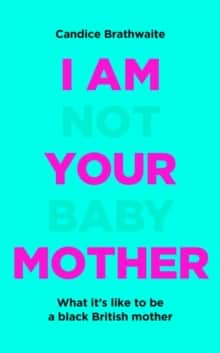

Candice Brathwaite is the founder of Make Motherhood Diverse, an award-winning social platform designed at combating the singularly white image that motherhood has within British media.
Her frank and funny first novel argues that Black mothers need to be represented in societal representations of motherhood, from maternity adverts, to Mumsnet, to pick-ups at school gates. An eye-opening read - but fun, too, as Brathwaite is a terrific raconteur.
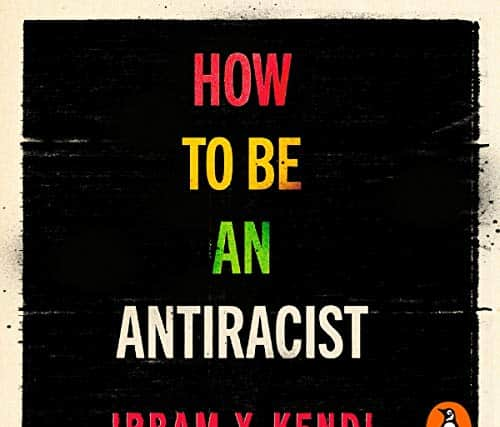

Ibram Kendi’s book is a call to action for us all: the American professor and author convincingly asserts that it’s not ok to be neutral in situations of injustice. In order to combat racism, he asserts, we have to be actively anti-racist.
A rigorously researched and argued book, Kendi provides clear advice on how to be actively anti-racist, so readers know what they need to do in future to be an effective ally.
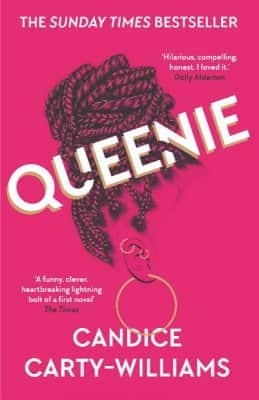

Smart and breezy, this work of fiction is a delight to read. It’s the comic record of Queenie, a 25 year-old Caribbean-British woman living in South London, on the verge of breakdown, miserable in her job at a culture supplement for a prominent newspaper and flailing in her romantic relationship.
Deftly written and funny as hell, it features a clear-eyed view of how white people appropriate Black culture, while offering a depiction of Black British culture we rarely see in mainstream fiction.
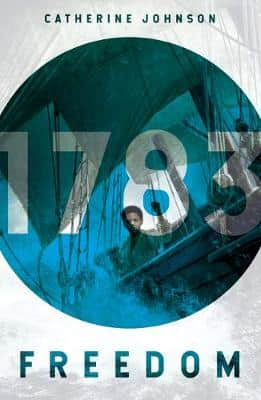

Well-written, warm, and expertly researched, Freedom is the 2019 Winner of the Little Rebels Children’s Book Award. Deftly told and action-packed, it depicts a slave boy, Nathaniel, who is forced to leave his mother and sister in Jamaican to be shipped to England with his new master.
At times harrowing, it provides an entry for younger readers to learn about one of the darkest periods of British history, while leavening the darkness with hope.
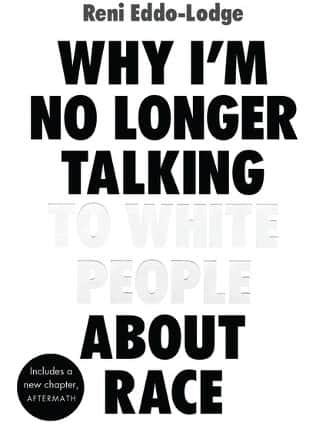

Reni Eddo-Lodge’s book had its genesis in a viral blog post of the same name. The award-winning journalist was frustrated with the way discussions of race and racism in Britain were led by those who didn’t experience it. To quote Eddo-Lodge:
“I’m no longer engaging with white people on the topic of race. Not all white people, just the vast majority who refuse to accept the legitimacy of structural racism and its symptoms... You can see their eyes shut down and harden. It’s like treacle is poured into their ears, blocking up their ear canals. It’s like they can no longer hear us.”
Her book picks up where the blog left off, examining eradicated black history, white political dominance, white-washed feminism and the intersection of class and race.
A must-read, and brilliantly readable.
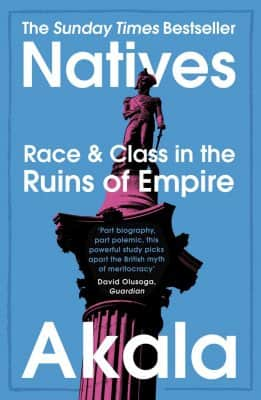

A Sunday Time bestseller,Natives is a brilliant polemic from BAFTA and MOBO award-winning musician and political commentator, Akala.
Using both his own experiences as a mixed-race Black man in Britain (he was first stopped and searched as a child), and extensive research into British history, Akala discusses the impact of social, historical, and political factors that inform systemic racism in modern Britain.
Taking into account police, politics, education, and class, he does a deft job of describing why Britain is in such a mess when it comes to its treatment of people of colour. If you’re after more, check out his YouTube videos where he offers cultural commentary via (brilliant) rap and poetry.
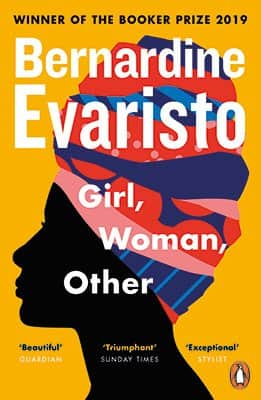

Winner of the Booker Prize in 2019, Bernadine Evaristo’s Girl Woman Other is a vividly drawn depiction of 12 different women across different decades and within different classes in Britain.
Sitting somewhere between novel and short story collection, each of the first 12 sections relates the story of a different woman. They represent a diaspora of people from several different generations and situations, all with Black roots.
The characters weave in and out of each other’s narratives in this infectious, well told novel, that proves ultimately uplifting and positive.
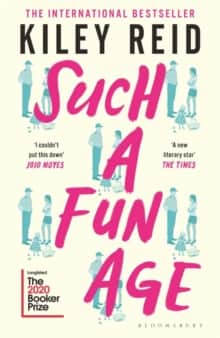

Sharp as a tack, laugh out loud funny, and very current, Such a Fun Age tells the tale of how a Black nanny to a white child is fetishised, adored, and subtly exploited by her white employer (the mother).
It charges along at a propulsive clip, making it a joy to read, but nevertheless manages to take scalpel-sharp swipes at white liberal guilt, unacknowledged privilege, and unconscious bias. A must-read.
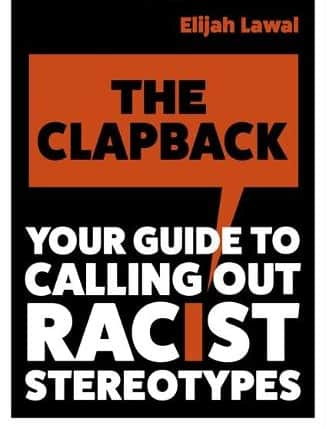

Clapback: [Noun / Verb] Responding to a (often ignorant) notion with a withering comeback; with the aim of shutting. it. down.
Funny as all get-out and whip-smart, Elijah Lawal breaks down a series of lazy, racist myths and stereotypes using - shock!- facts.
He debunks these stereotypes with surgical precision and offers brilliantly withering comebacks to ignorant, lazy racist observations that have been around too long.
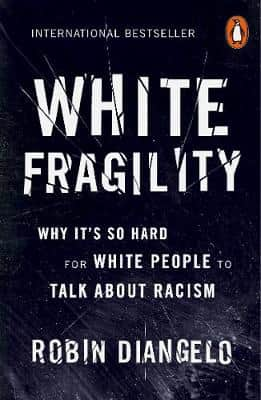

If you’re new to the concept of modern racism - having not experienced it first-hand or read up on it, this book will provide quite the eye-opening introduction.
It tackles unconscious bias, white privilege, and supremacy. If you want a thorough introduction to the issues people of colour face, this will provide it, as well as providing a great deal of food for thought about your role in maintaining a racist status quo.
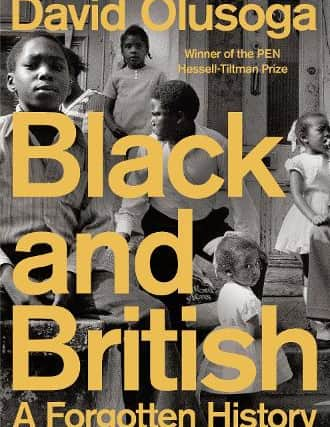

A staggering voyage through the unexplored history of Black people within Britain, told with great poise, and impeccably researched. It’s unflinching in the face of the bloody, horrific treatment Black people have experienced in Britain.
Utterly immersive, it offers a fresh perspective on Black British history, starting in the Roman era, through the Elizabeth ‘blackamoors’, the horrific slave trade, and Olusoga’s own experiences of prejudice.
There’s nothing dry about this historical novel, however - it’s a fascinating read.
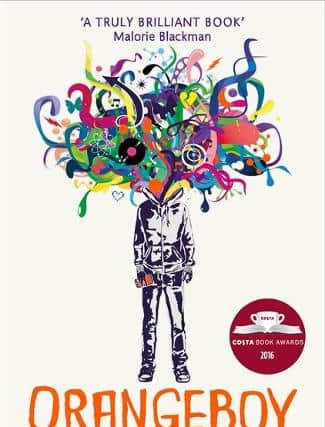

Perfect for teenagers, Orangeboy was the winner of the YA Book Prize in 2017.
It’s the fictional account of 16 year old London-based Marlon, who has promised his mother he’ll not end up ‘on the wrong path’. Grippingly and grittily told, with a firecracker plot, Patrice Lawrence illustrates the difficulties facing a Black teenager in modern London with great insight and tenderness.
Doesn’t have a whiff of sanctimony or didacticism to it, either, so teenagers are likely to respond to it genuinely.
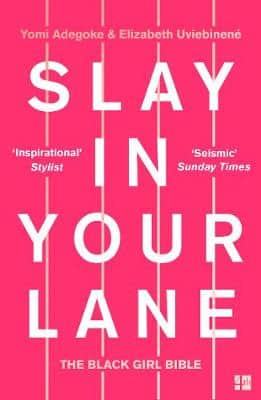

Wise and meticulously researched, Slay In Your Lane has nearly every statistic you could need to argue against systemic racism, from how Black women are treated by health professionals, to the workplace, to relationships.
Perfect for having cold, hard facts at your fingertips about how life is for Black women today.
